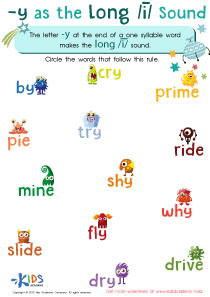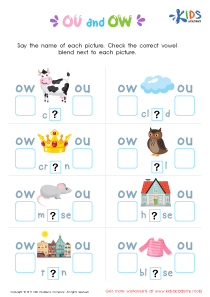Spelling practice Normal Vowel Blends Worksheets
5 filtered results
-
From - To
Unlock the power of reading and writing with our Spelling Practice Normal Vowel Blends Worksheets! Designed for early learners, these engaging worksheets focus on essential vowel blends, helping students improve their phonetic skills and spelling accuracy. Each worksheet features simple, fun exercises that encourage practicing vowel combinations, making learning enjoyable and effective. Teachers and parents can easily print these resources to support classroom activities or at-home study. Perfect for young students beginning their literacy journey, our vowel blends worksheets cater to diverse learning styles, fostering confidence in spelling and comprehension. Enhance your child’s language skills today with our interactive worksheets!
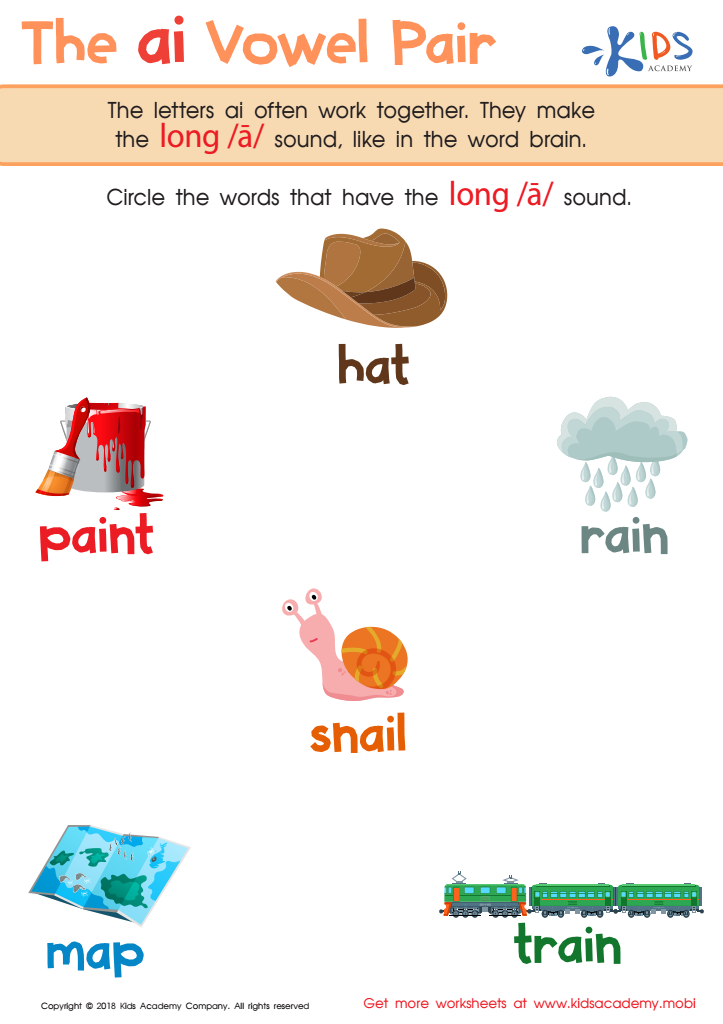

The AI Vowel Pair Worksheet
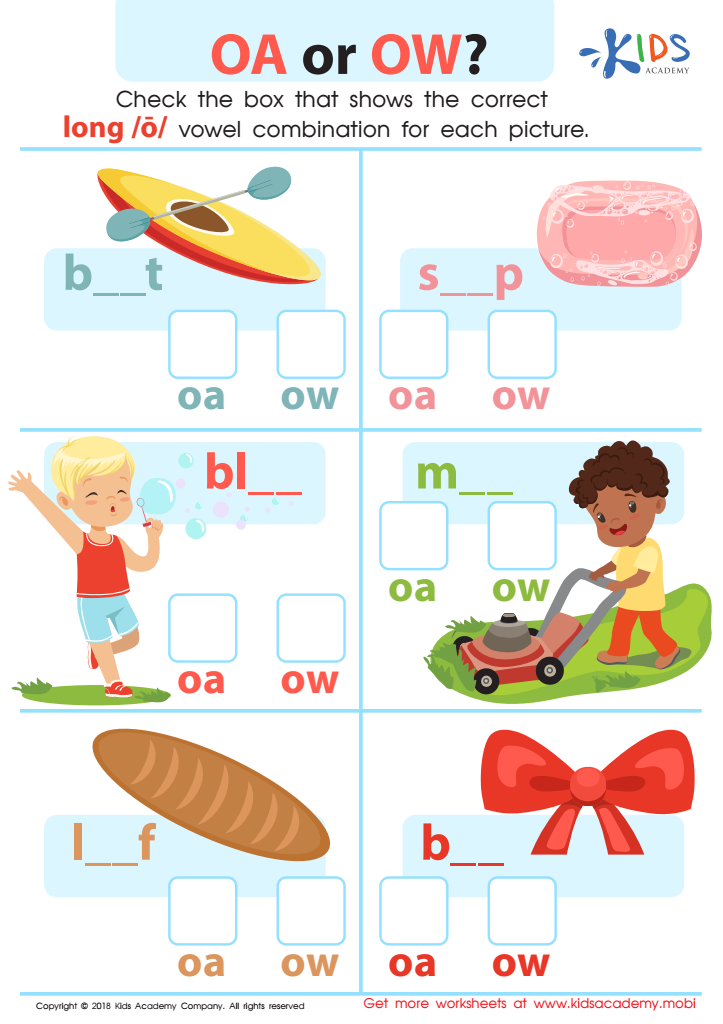

Reading: OA or OW Worksheet
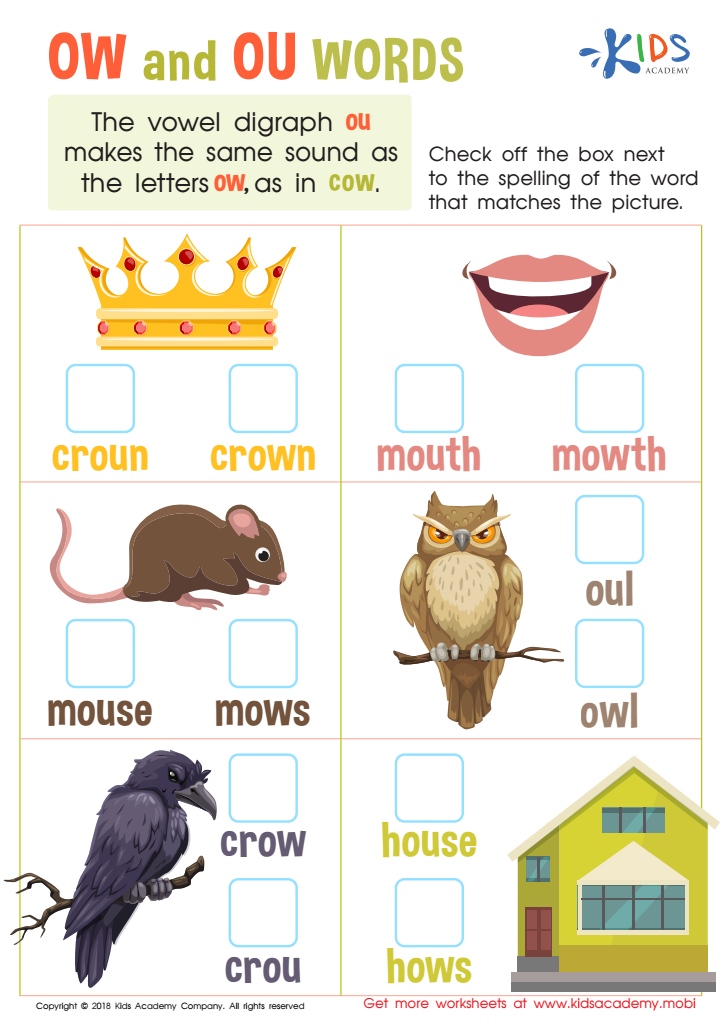

Reading: OW and OU Words Worksheet
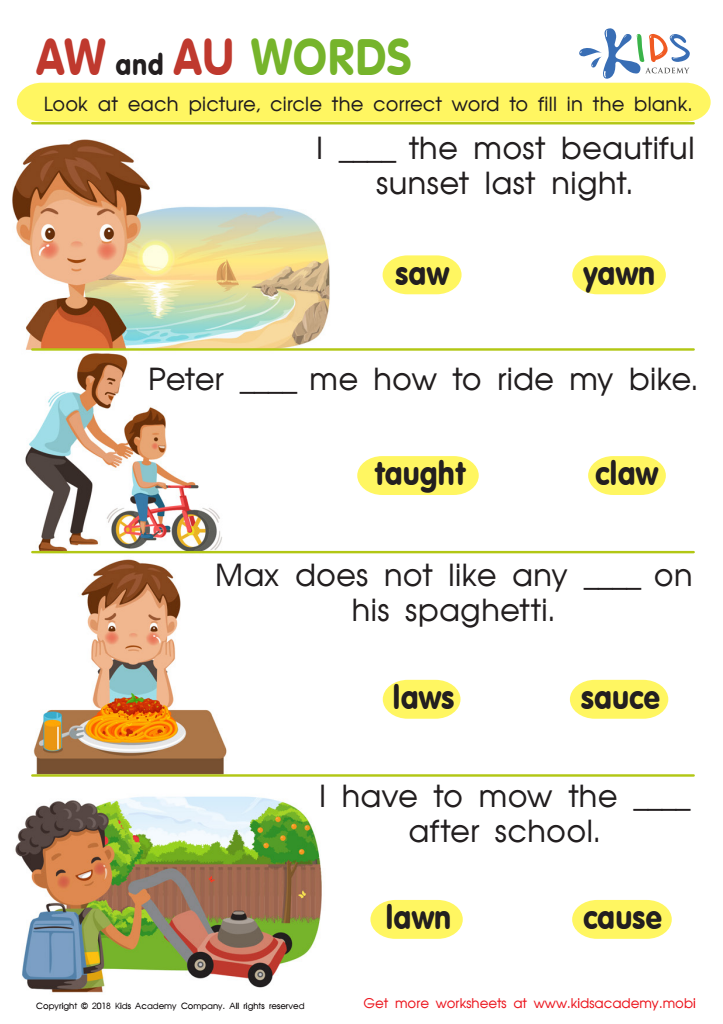

Reading: AW and AU Words Worksheet
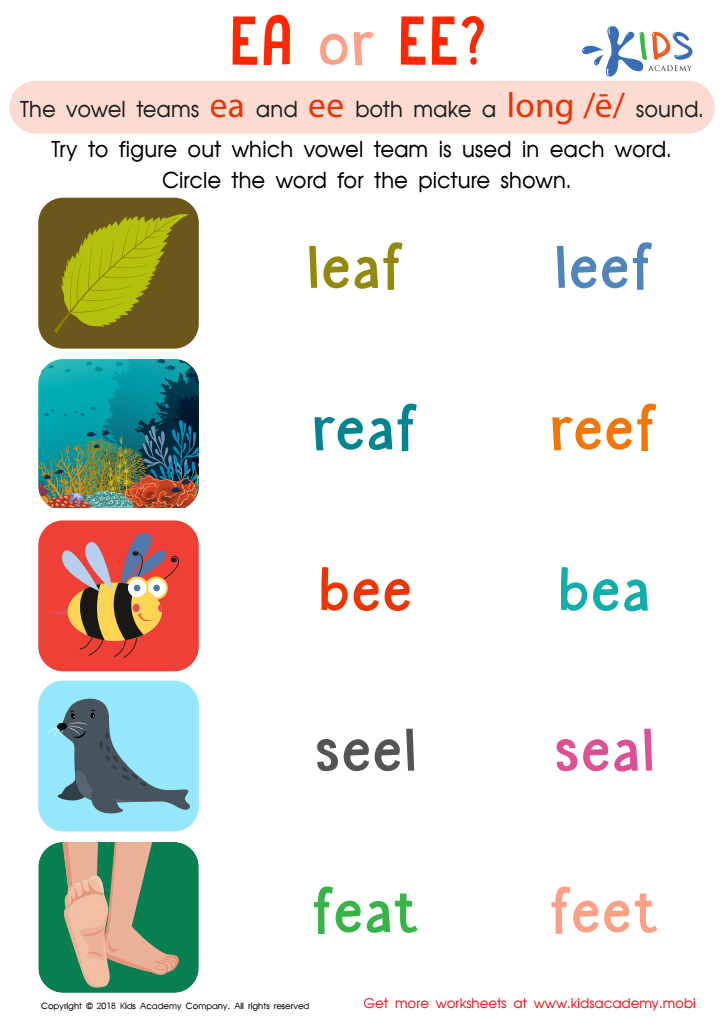

Reading: EA and EE Worksheet
Spelling practice with normal vowel blends is crucial for both parents and teachers as it lays a foundational skill for young readers and writers. These blends, including combinations of vowels like "ae," "ai," "oo," and "ou," help children decode words and understand their phonetic structure. Mastering these blends enhances a child's ability to sound out unfamiliar words, promoting fluency in reading and confidence in communication.
Regular spelling practice aids in reinforcing the connections between letters and sounds, allowing students to develop stronger literacy skills. As they become proficient with these blends, students can better engage with texts across various subjects, facilitating a love for reading and learning. Furthermore, spelling mastery is essential for clear and effective written expression, helping children realize the importance of precise language usage.
For parents, supporting spelling practice creates an opportunity for engagement and dialogue with their children. This not only fosters a collaborative learning environment but also strengthens the child’s confidence and motivation. Teachers, on the other hand, can tailor spelling instruction to meet diverse learning needs, ensuring that all students succeed. Emphasizing normal vowel blends, therefore, should be a shared priority to cultivate lifelong literacy skills in young learners.
 Assign to My Students
Assign to My Students










